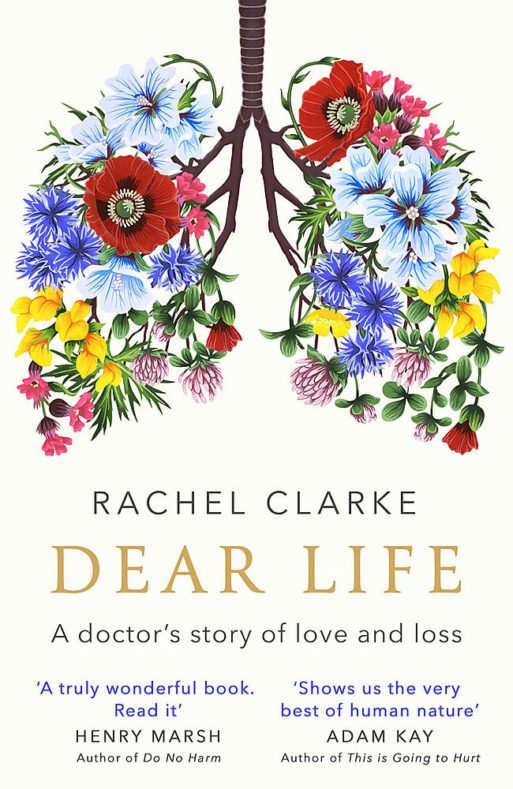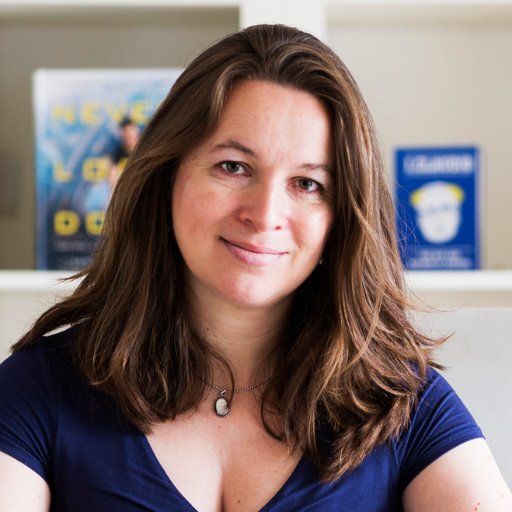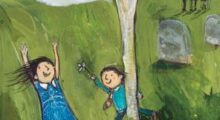 In her memoir “Dear Life,” Rachel Clarke recounts the unusual journey that led to her work as a palliative care physician in a UK hospice. Growing up with a passion for science and a child’s reverence for her doctor father, Clarke spent several years as a documentary filmmaker before going into medicine.
In her memoir “Dear Life,” Rachel Clarke recounts the unusual journey that led to her work as a palliative care physician in a UK hospice. Growing up with a passion for science and a child’s reverence for her doctor father, Clarke spent several years as a documentary filmmaker before going into medicine.
Clarke started out in the emergency department, drawn to the intensity and commotion of life-saving, but soon found that this work demanded a level of detachment she couldn’t maintain. This was partly a necessity for the profession — a good doctor, after all, must be able to set their own emotions aside — but partly a symptom of a much larger issue, one that is explored extensively throughout “Dear Life”: the dehumanization of the sick and dying.
Time and again, Clarke watched her colleagues show remarkable courage in the face of gruesome injuries and hopeless conditions — only to shy away from conversations about death. This is a pattern that became obvious as early as med school, where Clarke noted that a showing of Mike Nichols’ “Wit” was “the one — the only — occasion during which as a student I was ever invited to consider human mortality.”
In the face of this collective reticence around death, Clarke found herself drawn to the one realm of medicine where mortality was openly addressed: palliative care. The majority of “Dear Life” details her experiences as a hospice physician, through which she found herself connecting with patients in ways that transformed her perspective on medicine — and life.
It can be chaotic, messy, almost violent with grief, but I am surrounded at work by human beings at their most remarkable, unable to retreat from the fact and the ache of our impermanence, yet getting on with living and loving all the same.
What could easily be a collection of feel-good anecdotes, however, is much more than that. Clarke doesn’t shy away from the enormity of grief or sugarcoat the reality of physical decline. This, in fact, is what makes “Dear Life” so moving; Clarke invites us to embrace both the good and the bad as facets of the same strange miracle.
When her beloved father is diagnosed with cancer, Clarke must draw on what she has learned from her hospice patients to navigate her own fear and grief, and she finds solace in helping her father make the most of the time he has left. Ultimately, this is the heart of her work: dispelling the notion that dying is mutually exclusive from living.

Rachel Clarke is a palliative physician, author, and former documentary filmmaker
“Dear Life” is a book for anyone who has ever contemplated their own death or weathered the loss of a loved one. With humility and warmth, Clarke explores the vulnerable but deeply meaningful space between knowing we will die and taking our final breath — a space that can be filled with tenderness, small joys and, above all, compassion.
And, in the end, when death bears down, there is always this, the love of others. Greater than nowness, greater than nature, greater than moments of sensory pleasure: the power of human connection.

 “Dear Life” by Rachel Clarke
“Dear Life” by Rachel Clarke



 Ten Humorous Quotes About Death For the Holidays
Ten Humorous Quotes About Death For the Holidays 
 End-of-Life Planners Offer Peace of Mind for Yourself & Loved Ones
End-of-Life Planners Offer Peace of Mind for Yourself & Loved Ones














